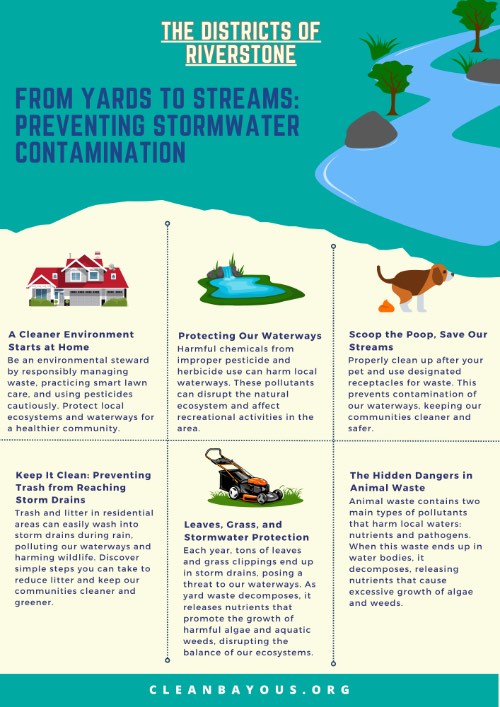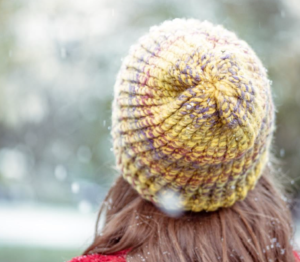Fort Bend MUD 128 – “Flushable Wipes” Are Not Flushable!
Disposable items labeled as “flushable” such as “flushable wipes”, wet wipes, sanitary napkins, and/or paper towels cannot be flushed down the toilet safely. When these items are flushed down toilets into the sanitary sewer system, they contribute to many sewer blockages in the wastewater infrastructure. This leads to frequent and expensive repairs, which ultimately raise water bills for district residents.
Branded companies will lead a person to believe numerous items are flushable, particularly stating so on the packaging. Wet wipes or flushable wipes claiming “safe for flushing” can still cause serious damage to your home’s plumbing even before reaching the District facilities. Once beyond your home’s plumbing, wipes and paper towels can get caught in lift stations and solid waste grinders intended to break down large waste and push it to the wastewater treatment plant.
Should the wipes make it to the sewage treatment plant, the facilities could be overworked trying to process solid waste that does not break down in transit or at lift stations. The result of flushing these products could mean major wastewater treatment issues and impacts to the machinery processing inbound waste. The accumulation of these “flushable items” hinders the productivity of the plant result in a cost for removal and machinery repairs ranging into thousands of dollars to the District, cost which is ultimately funded by taxpayers. By flushing any products other than toilet paper, we can not only create inconveniences in services but also incur very costly repairs.
Please avoid flushing wipes and other non-biodegradable items such as tissues, paper towels, or “flushable wipes”. If you do decide to use these products, consider throwing them in the trash or taking them to a Household Hazardous Waste (HHW) facility in your area. By following these recommendations, residents can help minimize the cost and environmental impact of clogged sewer systems.
Below, please review the video produced by the Association of Water Board Directors (AWBD) here in Texas, which addresses this very topic:
Your neighbors might not know this information! Share this to social media.
FBMUD 128 – Spring Break Vacation Watch
Spring Break is a prime time for vacations. Unfortunately, it is also a prime time for residential burglaries. This is due to lawbreakers preying on traveling families and homes that seem to be empty for extended periods of time.
Set up a Vacation Watch with Fort Bend Constable office so they can monitor your home while you are out of town.
The link provided below will guide you through the set-up process:
Notification of Free-chlorine Conversion for PWS 0790005
February 23, 2024
Texas Commission on Environmental Quality
Water Supply Division
P.O. Box 13087 MC-155
Austin, TX 78711-3087
Public Drinking Water staff,
The City of Sugar Land public water system, (PWS) ID 0790005, will temporarily convert the disinfectant used in the water treatment process from chloramine to free chlorine. The conversion will begin on March 26, 2024 and continue till April 23, 2024.
Please see below for name, title, and phone of PWS contact.
The City of Sugar Land water system, PWS 0790005, supplies treated water to Fort Bend County MUD 128, PWS 0790498.
The City of Sugar Land has chosen to implement a temporary disinfectant conversion to free chlorine to control nitrification and protect the City of Sugar Land’s long term drinking water quality.
Sincerely,
John Bailey
Surface Water Plant Manager
City of Sugar Land
281-275-2002
Protecting Our Waterways: How Fort Bend MUD 128 Residents Can Combat Stormwater Pollution
Fort Bend County Municipal Utility District No. 128 (FB MUD 128) wants residents to understand how stormwater runoff can carry harmful chemicals and substances into the environment and infrastructure and how residents can help protect the environment from its harmful effects.
Stormwater runoff is rainwater or melted snow that flows over land or impervious surfaces and is directed via development infrastructure to deposit into storm drains, drainage ditches, and/or directly into local waterways.
It can become harmful to the environment and District infrastructure when pollutants such as oil, grease, fertilizers, motor oil, detergents, trash, and other debris are introduced to the storm water system.
Common contaminants picked up by stormwater when passing through resident yards and structures include lawn clippings, leaves, pet waste, and/or household chemicals.
Blowing, sweeping, or disposing of grass clippings down the storm drain can be a violation of the District’s rate order and the federal Clean Water Act.
Residents can help protect the local environment and infrastructure downstream from the harmful effects of contaminates entering stormwater runoff by ensuring that storm drains are free from debris and pollutants.
If residents notice a blocked storm drain or see someone dumping pollutants near a storm drain, they should immediately contact their District operator, Si Environmental.
Watch this informational video produced by the Association of Water Board Directors to learn more:
Winterizing Your Home

How do you winterize your home? Protecting your home can be as easy as remembering the Five P’s for the winter. People, Pets, Pipes, Plants, and Pool. Making sure everyone in your family is safe from the cold including our furry family members. It is important family and friends follow this guide to stay safe during the winter.
People
During cold snaps it’s important to remember to cover your head and extremities as they are the most likely to suffer from the cold. Keep your home warm and comfortable, and if you have two stories, follow the heat and be smart about warm and cold zones. Avoid going outside when possible, and keep appropriate extra clothing with you if you need to go outside.
Pets
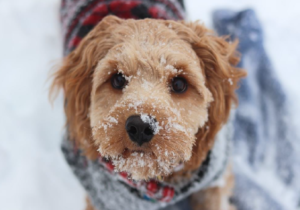
Bring pets indoors! If it’s too cold for you, it’s too cold for your pet! Pets are smaller than us and have less overall body heat, therefore are more likely to succumb to hypothermia despite their fur. Bundle your dog or cat in sweaters and add extra blankets to their bed. Insulate the outdoor pet areas and create warm areas for your dog or cat.
Pipes
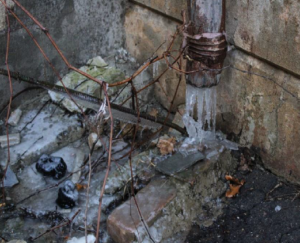
When water freezes, it expands and can cause broken pipes and result in costly bills from the lost water. Open kitchen cabinets and bathroom sinks to allow warm air to reach the pipes. This can help prevent pipes from freezing and causing damage that leads to costly repairs. Disconnect drain hoses from outdoor spigots. Home improvement stores usually offer protective coverings for outdoor pipes. If you have an irrigation system, make sure your lines are cleared of water. Most irrigation specialists offer a blowout service to clear the line of standing water to ensure the prevention of costly damage.
Irrigation shut off valves and backflow devices often cause the most common issues during a hard freeze. Not all irrigation systems are the same. On most common irrigation systems, these steps may be taken:
- Turn off the shut-off valve. Most residential devices have two shut-off valves. These are typically covered in blue on the valve handles and located before and after the back flow device.
- Release the water pressure, with a screwdriver release the water from the bleeder valves (circled in black on the image). The bleeder valves are usually located under the top of the backflow device. If the water does not stop flowing, you may not have shut the valves off completely.
- Leave the smaller bleeder valve open, this will let the any remaining water in the line expand without breaking the device.
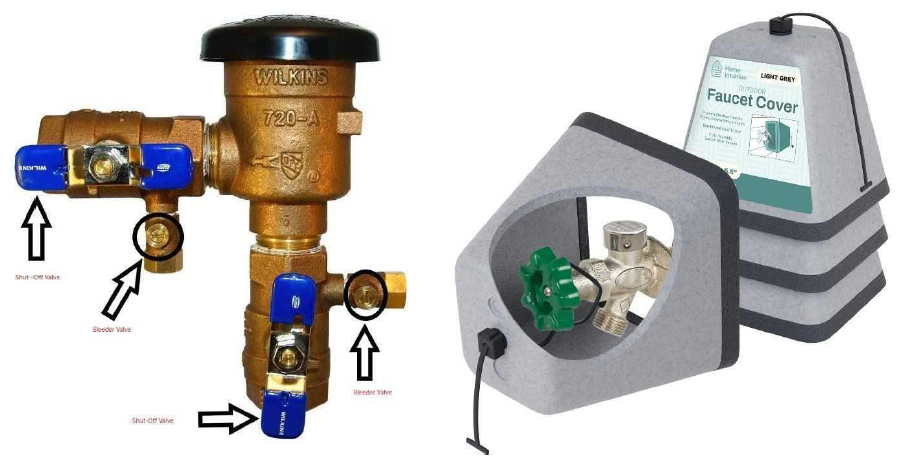
Plants
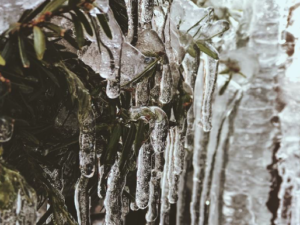
Insulating, fertilizing, and watering are the best ways to prepare your plants for winter cold snaps. Cover large plants with sheets to protect and insulate them from the cold and insulate the roots with fallen leaves or bark. Use fertilizer designed for cold weather to nourish your plants, and water plants a couple times a week to prepare them for cold season. Cold plants don’t always need as much water as they do in the summer, so keep an eye on soil moisture levels during the winter just as you would the summer.
Pool
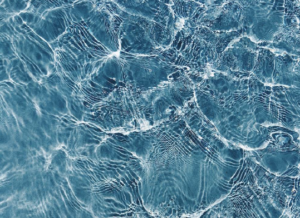
Running the pumps 24/7 is an important step in keeping the water circulating and preventing freezing. Frequently clean debris from the skimmer and talk with your pool specialist about winterizing and any chemical alterations that may be required for your pool.
Extra Safety Tips:
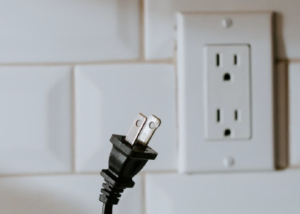
- Always keep your gas tanks full.
- Check tire pressures and ensure they are at the right pressure.
- Always keep blankets, jumper cables, and a phone charger in the car in case of emergency.
- Check local road conditions at www.houstontranstar.org. State highway information is also available at www.drivetexas.org.
- Never leave a space heater unattended.
- Don’t overload outlets or breakers.
- Do not power space heaters with extension cords or power strips.
- Do not leave candles or the fireplace burning unattended.
- Always turn off space heaters when unattended or going to sleep.
- Never use an oven or stove to keep your home warm.
Happy Holidays!
Did you find this article helpful? Your neighbors and friends might too. Spread the news via Facebook, X & Nextdoor!
Home Safety Tips for Resident Holiday Travel
Holidays are a prime time for vacations. Unfortunately, it is also a prime time for residential burglaries. This is due to lawbreakers preying on traveling families and homes that seem to be empty for extended periods of time.
Below are some helpful ideas to protect your home and deter criminals:
- Set up home security cameras with motion sensors and bright lighting. Set these up with random timers to keep thieves from detecting a pattern.
- Keep the exterior of your home clear with open spaces.
- Get to know your neighbors. Neighbors are much more likely to notice suspicious activity within the neighborhood and report it.
- Put your mail on hold with USPS Hold Mail. This will keep your confidential information in a safe place till you return (for up to 30 days).
- Set up a Vacation Watch with Fort Bend Constable office so they can monitor your home while you are out of town.
The link provided below will guide you through the set-up process:
Did you find this article helpful? Your neighbors and friends might too. Spread the news via Facebook, Twitter & Nextdoor!
Fighting F.O.G. – Protecting Our Homes, Environment, and Budget from Fat, Oil, and Grease

Many Fort Bend MUD 128 residents have been cooking at home far more than they had previously, and this comes with a certain amount of cooking waste. Something we don’t normally think about are the effects of fat, oils, and grease (F.O.G.) clogs in the sanitary sewer system. F.O.G. can solidify in the sanitary sewer pipes, causing clogs, blockages, and backups.
What is F.O.G. (pronounced like “fog”)?
F.O.G. is an acronym for Fat, Oil and Grease. It is harmful to the internal drainage inside the home, the District drainage infrastructure and the environment.
F.O.G. comes from a variety of food sources, either as an ingredient of OR a byproduct of food preparation.
Examples of F.O.G.:
- Fats found in meats through cooking and food scraps.
- cooking oil, lard or shortening
- butter or margarine
- bacon and sausage grease
- mayonnaise
- salad dressing and gravy
- dairy products, such as but not limited to milk, yogurt and cheese
When these items are poured down the drain, it can accumulate and harden inside sewer pipes causing blockages, backups, and overflows. When these failures occur, it can release raw sewage into the environment which then enters our drainage channels that lead into the bayous, creeks, lakes, and the Gulf of Mexico. This raw sewage carries a variety of bacteria that has a negative impact on human health, fish and wildlife.
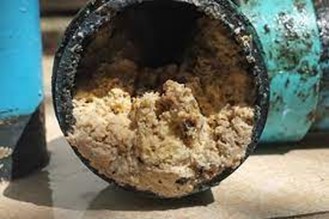
In addition to the health impacts, it has massive financial consequences. The blockages and backups can destroy the pipes in your home as well as the infrastructure of the District water system. This destruction can cost homeowners in home pipe repair, but also affect taxpayers by costing a district thousands of dollars in infrastructure repair expenses. The expense of continually repairing clogged pipes may ultimately impact customers’ monthly rates or property taxes.
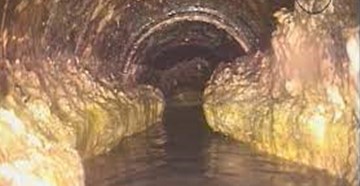
Let F.O.G .cool and DO NOT pour down sinks or drains!
Proper Disposal of F.O.G.:
- Pour into a sealable can or bottle then dispose at a local recycle center or household trash receptacle
- Scrape food particles and absorb excess oils with a paper towel from pots and pans prior to placing them into the sink for washing.
- Use strainers in the sink to catch scraps and other solids.
- Solutions like Oil-Dri Absorbent Clay® or cat litter can assist in capturing and drying out oil, fat and grease, thus making it safe to throw in the trash.
Please remember hot water and soap DO NOT eliminate FOG because it will eventually reform in pipes.
Sources: https://www.tceq.texas.gov/assistance/water/wastewater/fog/home_fog.html
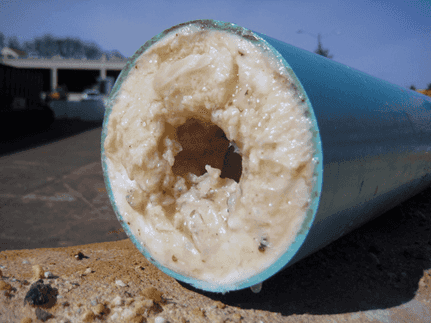
Fort Bend MUD 128: Burn Ban in Effect
As of August 8th, Fort Bend County Commissioner’s Court unanimously approved a 90-day outdoor burn ban for all areas of Fort Bend County. This includes residents of Fort Bend MUD 128. This ban means that no residents can burn or order another to burn any material outside of an enclosure designed to contain and capable of containing all flames, sparks, embers, cinders and ash produced by burning.
During drought conditions, the Fort Bend County Fire Marshal can recommend adopting a burn ban order in all areas within Fort Bend County. With Commissioner’s Court approval, officers of the Fire Marshal’s Office can issue citations for any outdoor burning in the county found to be in violation of a burn ban.
The Fort Bend County Fire Marshal’s Office works in coordination with the 21 Fire Departments, Fort Bend County Sheriff’s Office, Fort Bend County Constable’s Offices, Fort Bend County Environmental Health Enforcement Unit, and the Texas Commission on Environmental Quality (TCEQ) to educate county citizens about the outdoor burning regulations and to enforce the state laws governing outdoor burning.
If you have any questions regarding outdoor burning, please contact the Texas Commission on Environmental Quality (TCEQ) and/or Fort Bend County Environmental Health Enforcement.
Find more resources here:
https://www.fortbendcountytx.gov/government/departments/public-safety/fire-marshal/outdoor-burning
Notice of Public Hearing on Tax Rate
The Fort Bend County Municipal Utility District No. 128 will hold a public hearing on a proposed tax rate for the tax year 2023 on Monday, September 25, 2023 at 8:15 a.m., at 202 Century Square Blvd., Sugar Land, Texas 77478, by videoconference at Microsoft Teams: https://districtmtg.com/esh. Your individual taxes may increase at a greater or lesser rate, or even decrease, depending on the tax rate that is adopted and on the change in the taxable value of your property in relation to the change in taxable value of all other property. The change in the taxable value of your property in relation to the change in the taxable value of all other property determines the distribution of the tax burden among all property owners.
Visit Texas.gov/PropertyTaxes to find a link to your local property tax database on which you can easily access information regarding your property taxes, including information about proposed tax rates and scheduled public hearings of each entity that taxes your property.

